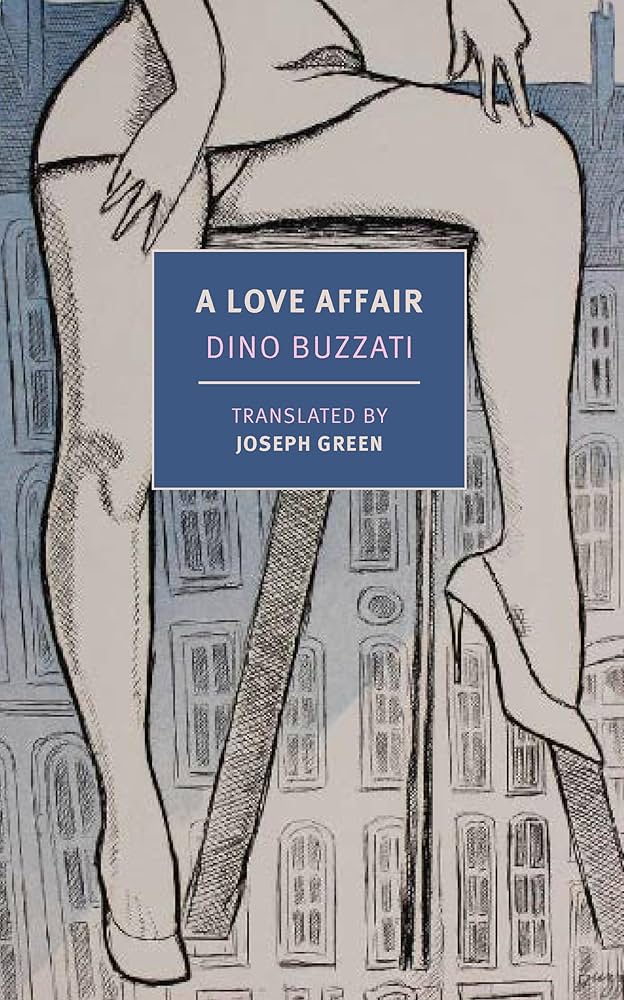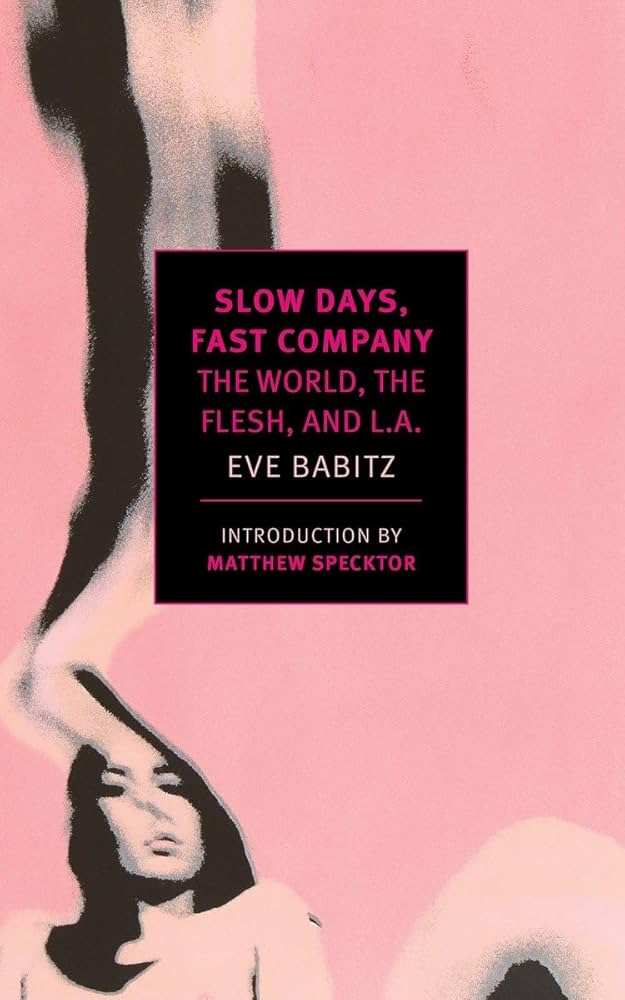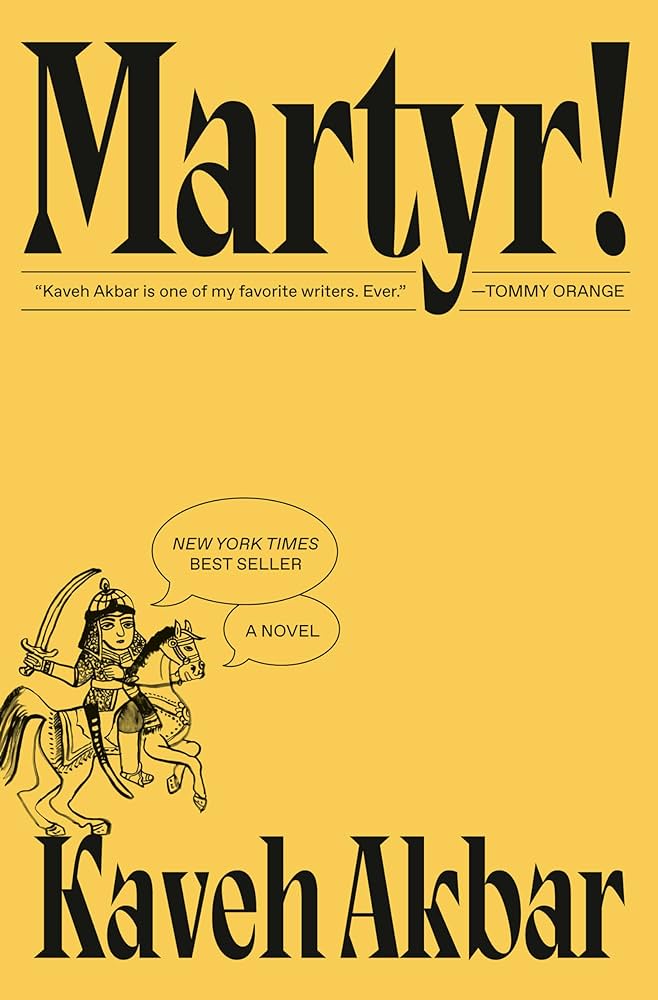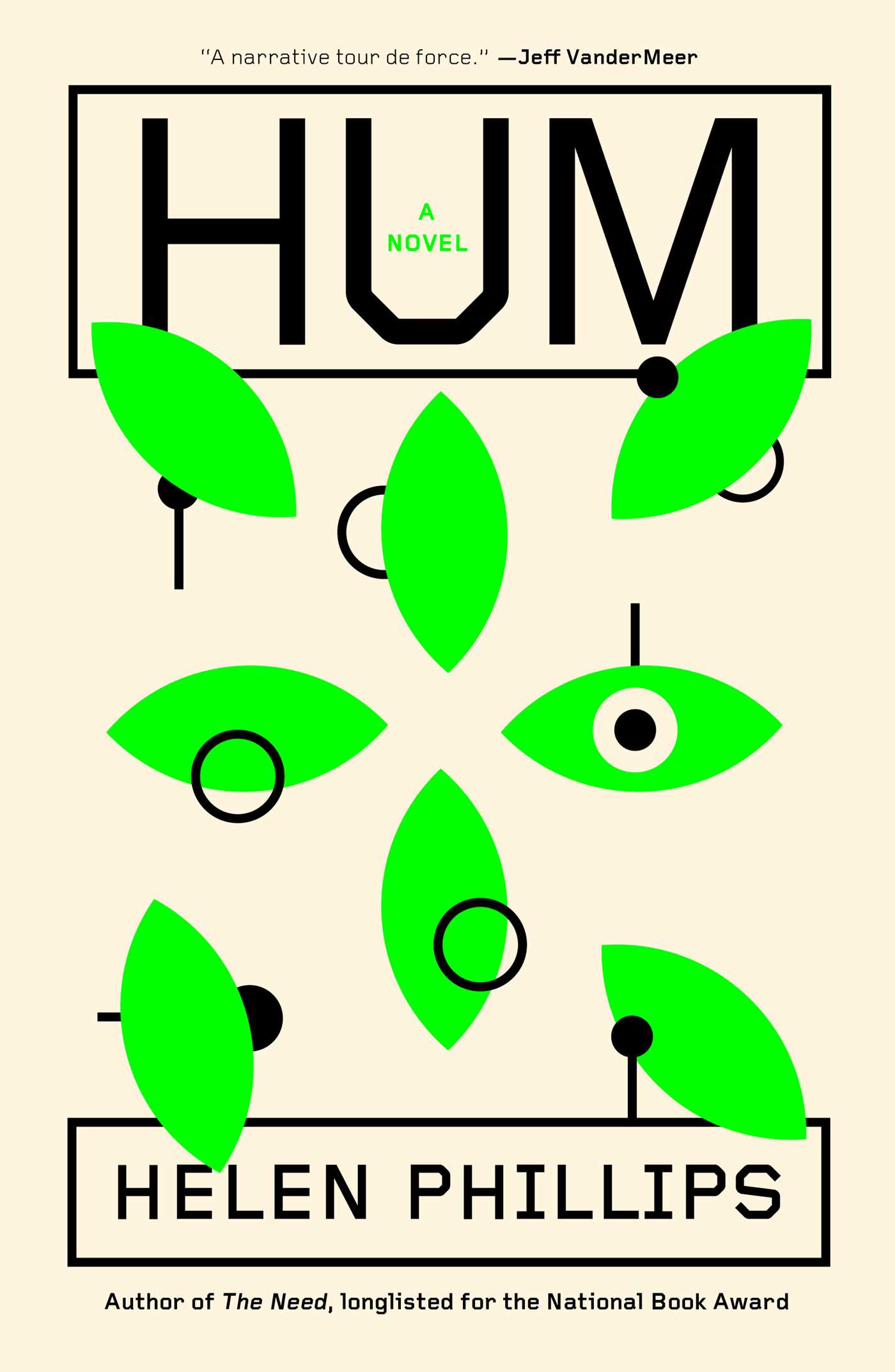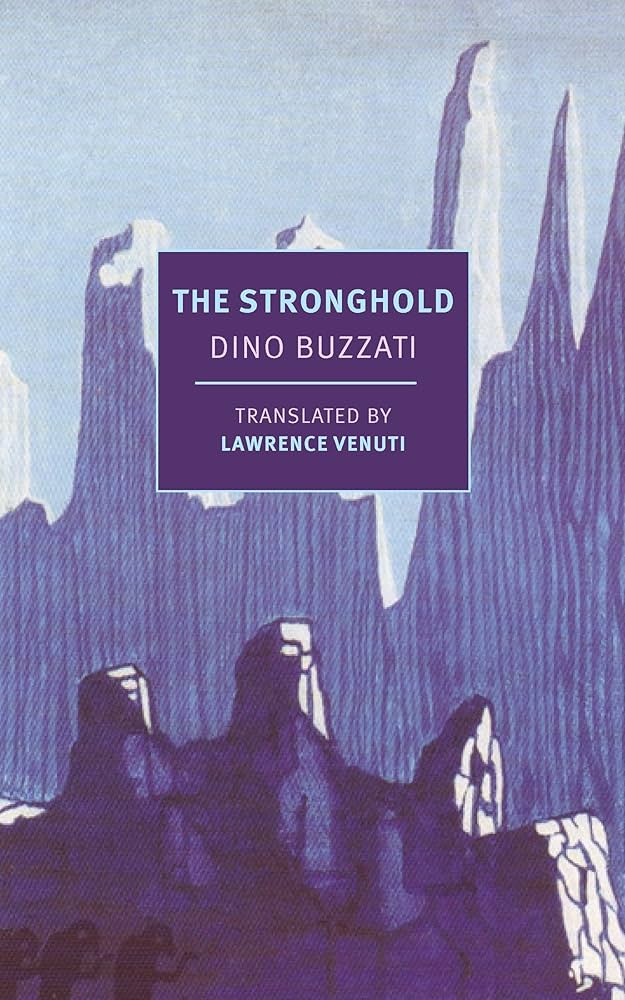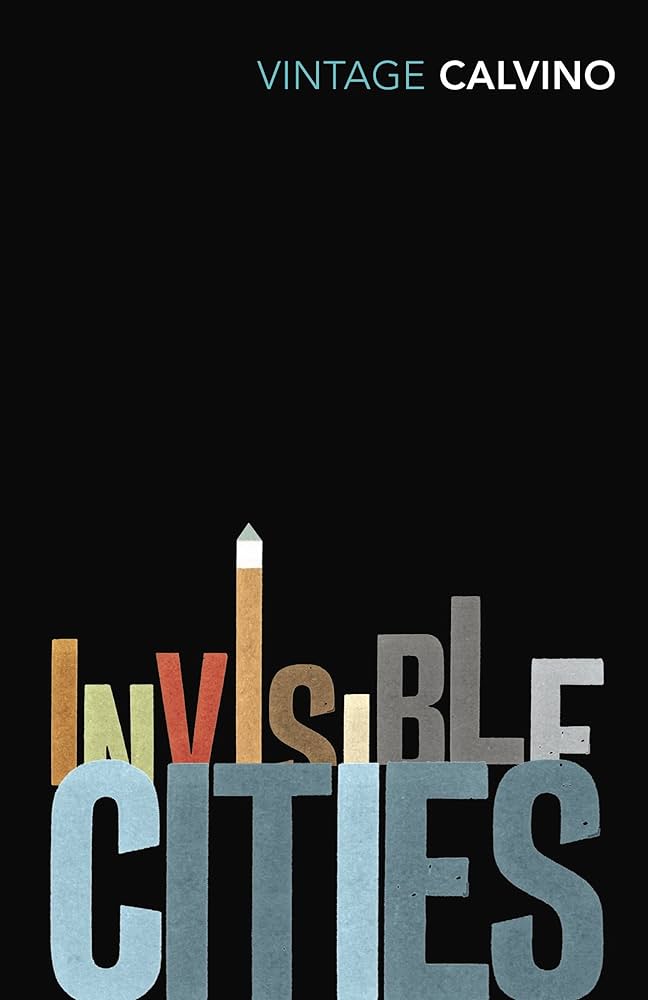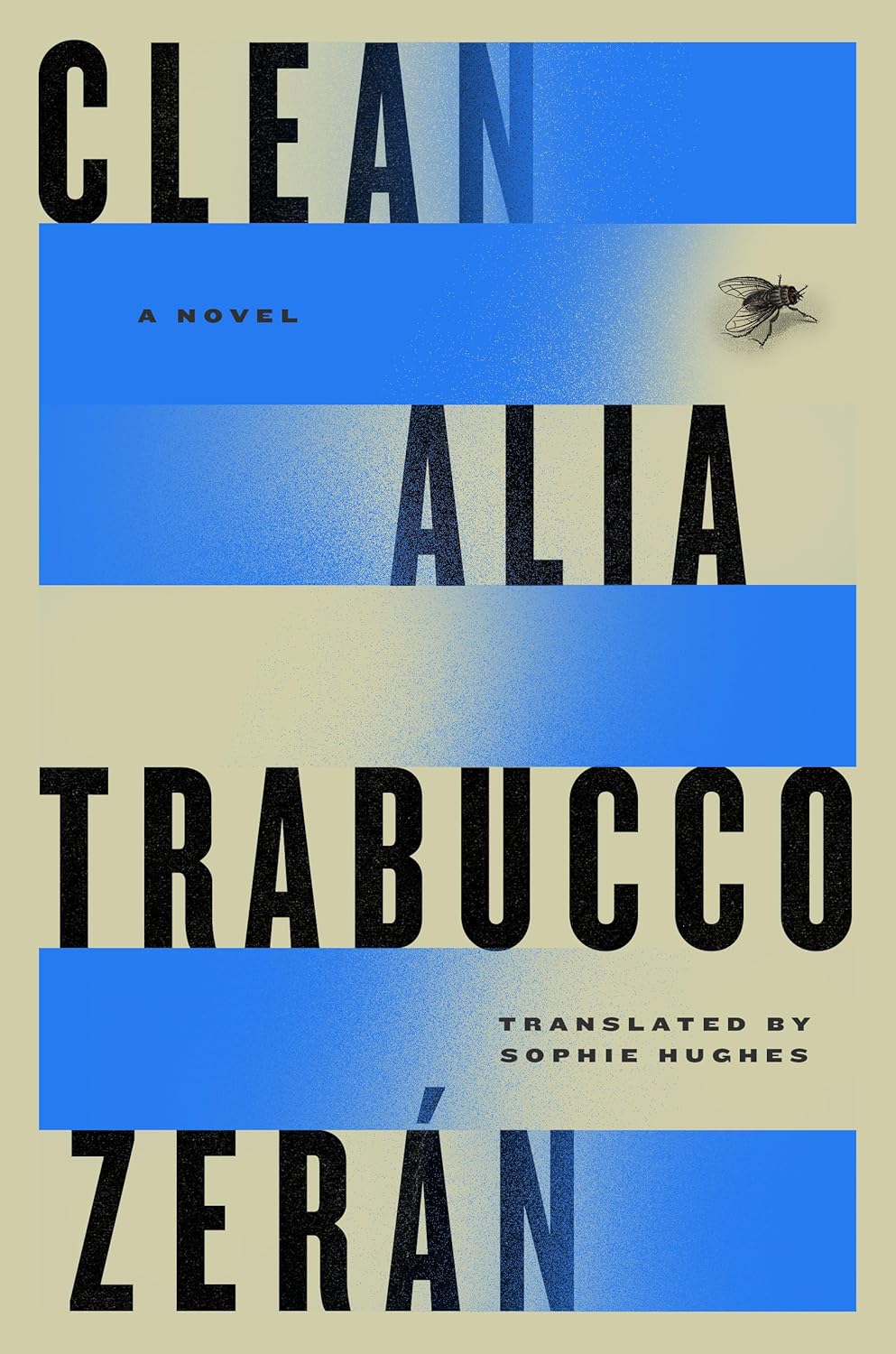I’d never heard of the author or novel before — but it was stocked at Ben McNally Books, which is the most well-curated bookstore I’ve been to, so I figured it was a safe bet. Whoever stocked these books deserves a high five.
This is the story of Antonio Dorigo, an architect of almost 50 years old who meets a young prostitute named Laide and becomes infatuated, then obsessed, then risks being destroyed by her. It was published in Italian in 1963, and the translation I have was published as part of the NYRB Classics series in 2023. It’s the same series that resurfaced John Williams’ Stoner to great success, and this is every bit as deserving.
It’s an absolute overlooked classic.
It’s a dive into the psychology of Dorigo as he progresses from near disinterest in Laide, through simple attraction as he falls under her charm and slowly becomes obsessed with her, convinced that it’s true love. She mistreats him, he lets his jealousy and insecurities take over, and the relationship spirals into something destructive.
It’s well-traveled ground in literature but I’ve never read anything like this. The writing and translation are beautiful – Buzzati is a master of character, metaphor and tension. When the affair begins, it’s easy to relate to Dorigo’s nervousness and anxiety – he channels the fear and anguish of a teenager’s first love and the childish jealousy of inexperience.
Is Laide lying to him? Leading him on and emotionally exploiting him? Or is she just a somewhat flighty young woman being manipulated and stalked by a threatening sugar daddy? As the story goes on, the writing becomes more unhinged and more paranoid, Dorigo’s actions become more unpredictable and volatile, his anxiety is brutal:
If only he were sure she’d come, he’d be willing to wait hours, if only he could be absolutely sure waiting would be a delight. But there is no certainty. Precedents aren’t enough. Each time, once ten minutes have gone by, obsession begins to take hold of him: Tonight Laide won’t come Laide won’t come Laide won’t come and tomorrow she won’t telephone Laide won’t come because she’s already left Milan she’s found someone better than you younger more amusing richer and she’s left you forever. Or else: Twelve minutes have gone by now, last time she was ten minutes late, she’s never been more than sixteen minutes late, so there’s still an available margin, let’s say not until after twenty minutes will I resign myself to the fact that tonight she’s not coming. Besides, she said she had to clean the house maybe she miscalculated the time, she’s so meticulous she can polish then repolish a windowpane six seven times, tonight she may make me wait more than twenty minutes. It’s terrible for me, she won’t do it out of ill will she’ll do it absent-mindedly without thinking but it’s terrible for me. Each time I admit it’s my fault I admit I’m a nut it’s a kind of mental state but what can I do?
And the metaphors are so rich and real. Here is Dorigo contemplating whether or not to call her when he’s certain she’s lying to him and abusing his trust:
The stream carries him on in the same wild way; he can’t get to the side, on the contrary he’s always right in the middle where the current is swiftest. Here the largest rocks spring from the river bed and he’s hurled against them with savage shocks that tear him apart inside. He would like to gain the river bank but he’s afraid because if he reached the bank, the river would carry him no further and in that same river, just a little ahead, flies Laide lightly through the water. The rocks do not ravage her; she sees them in time, or it’s as though she sees them and slips around them just so Antonio as he follows her is struck by them with terrible force.
The book gains momentum as it goes and a couple of times I found myself holding my breath with worry that a character was going to commit a horrible act of violence against themself or someone else. The tension ratchets up to an unbearable level. The ending is perfect and devastating.
I’ll definitely be checking out more of the books in this series — I’ve only read this and Stoner but both have been immediate favourites.

